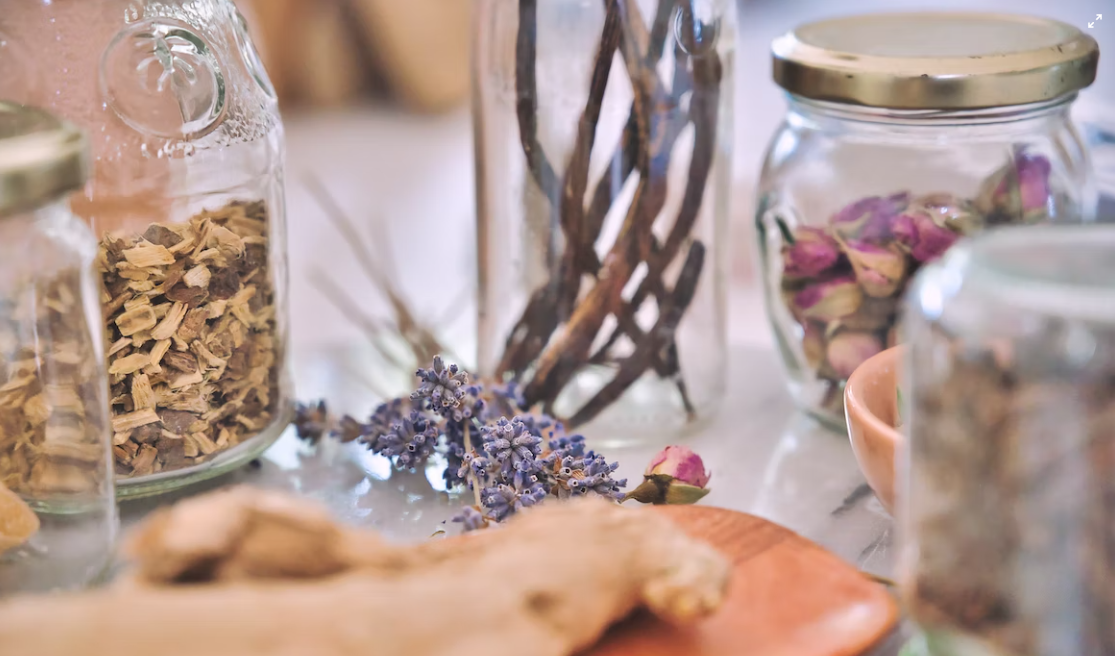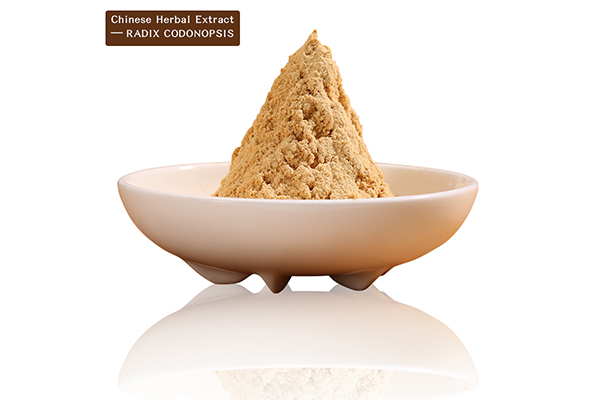The in-depth exploration, research, and summary of Chinese herbal medicine and TCM by ancient Chinese sages have led to the wide recognition and application of the best Chinese herbal medicine.
Traditional Chinese medicine is mainly composed of plant roots, stems, leaves, fruits, animal medicines, and mineral medicines. There are various forms of application of Chinese classic herbal formula, such as soup made by decocting drugs with water and then removing the dregs, and powder that is ground into powder. In addition, there are pills, ointments, tablets, etc.
Why Do Chinese Herbal Medicines Need to Be Processed?
The processing of Chinese medicinal materials is of great significance to the formation of Chinese medicinal materials, market circulation, and clinical use.
The main purpose of processing Chinese medicinal materials is to remove impurities and non-medicinal parts and keep the medicinal materials pure. Through the processing of Chinese medicinal materials, it is beneficial to separate the specifications and grades of the medicinal materials and form certain commodity characters.

Processing Steps of Traditional Chinese Herbal Medicine
Selection and Washing
The pick of herb medicine is mainly to remove impurities and non-medicinal parts to facilitate subsequent processing and drying. The herbal medicinal materials are then washed to remove sediment and dirt. It should be noted that herb medicine with aromatic odors generally does not have to go through the washing step.
Trimming and Cutting
For larger roots and rhizomes, pruning, cutting, and shaping are used to remove non-medicinal parts and substandard parts. At present, most of the herbs are processed fresh at the origin, so that they can be easily cut, reduce some processes and facilitate drying.
Steaming, Boiling, or Scalding
The herbal medicine containing mucus juice, starch, or sugar is dried by steaming, boiling, or scalding, which is not easy to have worms. The length of heating time and which heating method to take depends on the nature of the medicinal materials.
Allowing Moisture to Escape from Herbal Medicine
Some herbal medicine is stacked up and heated during processing, causing their internal moisture to spill outward so that the herbs become softer, more colorful, fragrant, or less irritating. The operation can be repeated several times according to the situation to facilitate drying.
Drying
The purpose of drying is to remove a large amount of moisture from fresh herbal medicine to avoid mold and discoloration. The appearance, odor, and content of active ingredients of raw herbs are kept unchanged as much as possible during drying and processing.
Different drying methods are suitable for each medicinal material. The following drying methods are commonly used.
● Sun-drying. Using direct sunlight to dry is the easiest and most economical method.
● Drying. The medicinal materials are dried by heating. The general temperature of 50~60℃ is appropriate, and this temperature has no major destructive effect on the general herbal ingredients.
● Shade Drying. Place or hang the medicinal materials in a ventilated room or under the shade to avoid direct sunlight, and use the moisture to evaporate naturally in the air to dry.
● Roasting. Similar to the drying method, except that the temperature is slightly higher, and it is heated on tiles and pottery. It is mostly used for drying or grinding certain animal medicinal materials.
Final Selecting
Classifying the specifications and grades of processed herbal medicine is the last process of processing. The specification grade of Chinese herbal extract is the quality standard of herbs, which should focus on practicality and reasonable.

